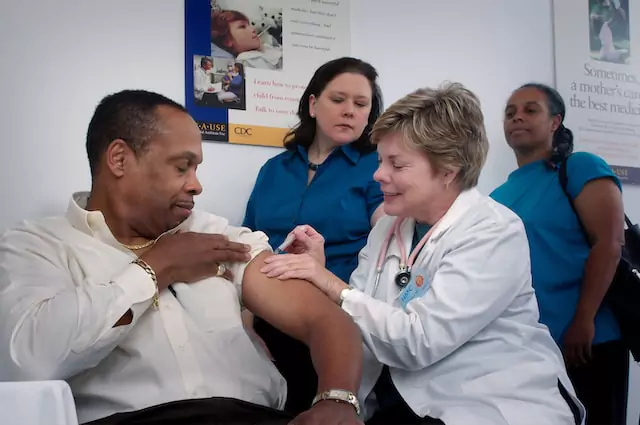Healthcare compliance refers to the adherence and alignment of healthcare organizations with the laws, regulations, and guidelines governing the industry. It encompasses a wide range of areas, including patient privacy, billing practices, quality of care, and safety standards. Compliance is essential for healthcare providers to maintain the trust of their patients, protect their reputations, and ensure they operate ethically and within legal boundaries. In this blog, we will explore what healthcare compliance entails and why it is of utmost importance in the healthcare industry.
Upholding Patient Privacy and Confidentiality
One of the critical aspects of healthcare compliance is the protection of patient privacy and confidentiality. Healthcare organizations are required to comply with the Health Insurance Portability and Accountability Act (HIPAA) in the United States, and similar data protection regulations in other countries. HIPAA sets standards for safeguarding patients’ protected health information (PHI) and establishes guidelines for its use and disclosure. Maintaining patient privacy is not only a legal requirement but also a fundamental right of patients. Breaches of patient privacy can lead to severe consequences, including legal penalties, damage to the organization’s reputation, and loss of patient trust. By prioritizing patient privacy and compliance with data protection laws, healthcare organizations demonstrate their commitment to maintaining the highest standards of patient care and trust.
Ensuring Accurate Billing and Coding Practices
Accurate billing and coding practices are vital for healthcare compliance, especially concerning reimbursement from insurance companies and government payers. Healthcare providers must use appropriate medical codes to describe the services rendered accurately. Non-compliance with billing regulations can lead to allegations of fraud or abuse, resulting in fines, repayment demands, and potential exclusion from government healthcare programs. To maintain compliance in billing and coding, healthcare organizations should establish robust processes for documentation, billing reviews, and coding audits. Regular staff training and staying up to date with changes in billing and coding guidelines are also essential to ensure accurate and compliant practices.
Promoting Quality of Care and Patient Safety
Compliance with regulations and standards related to quality of care and patient safety is crucial in healthcare. Healthcare organizations should follow evidence-based practices, clinical guidelines, and standards set by accrediting bodies to ensure the delivery of safe and high-quality care. The Centers for Medicare & Medicaid Services (CMS) in the United States, for example, implements quality reporting programs that tie reimbursement to the quality of care provided. Healthcare organizations that fail to meet these quality measures may face financial penalties and reputational damage.
To promote a culture of quality and patient safety, healthcare organizations must invest in continuous quality improvement initiatives, staff education, and risk management programs. Compliance with quality standards not only benefits patients but also enhances the organization’s reputation and financial sustainability. A healthcare compliance certification ensures your organization is fully compliant and can help to reduce your risks.
Safeguarding Against Fraud and Abuse
Healthcare fraud and abuse can have severe consequences, including financial losses and criminal charges. Compliance programs help healthcare organizations identify, prevent, and address fraud and abuse within their operations. In the United States, the False Claims Act and the Anti-Kickback Statute are critical pieces of legislation aimed at preventing fraud and abuse in healthcare. These laws impose significant penalties on individuals and organizations found to be engaged in fraudulent activities, including billing for unnecessary services or offering illegal inducements for patient referrals. A robust compliance program includes mechanisms to detect and investigate potential fraud and abuse, whistleblower protection, and internal reporting channels for employees to report suspicious activities. By actively preventing fraud and abuse, healthcare organizations protect their integrity, patient trust, and financial well-being.
Healthcare compliance is a critical aspect of the healthcare industry, encompassing a range of areas from patient privacy to billing practices and quality of care. Adherence to healthcare regulations and guidelines is essential for healthcare organizations to maintain patient trust, protect their reputation, and operate ethically and legally. By upholding patient privacy and confidentiality, ensuring accurate billing and coding practices, promoting quality of care and patient safety, and safeguarding against fraud and abuse, healthcare organizations demonstrate their commitment to providing the highest standard of care to their patients. A comprehensive compliance program should be an integral part of every healthcare organization’s operations, supported by continuous education, training, and monitoring to ensure ongoing compliance with the ever-evolving healthcare regulations.

Mark Thompson, a seasoned pest controller, is renowned for his expertise in keeping homes and businesses free from unwanted intruders. With a passion for environmental sustainability and a deep understanding of pest behavior, Mark has become a trusted authority in the industry.
